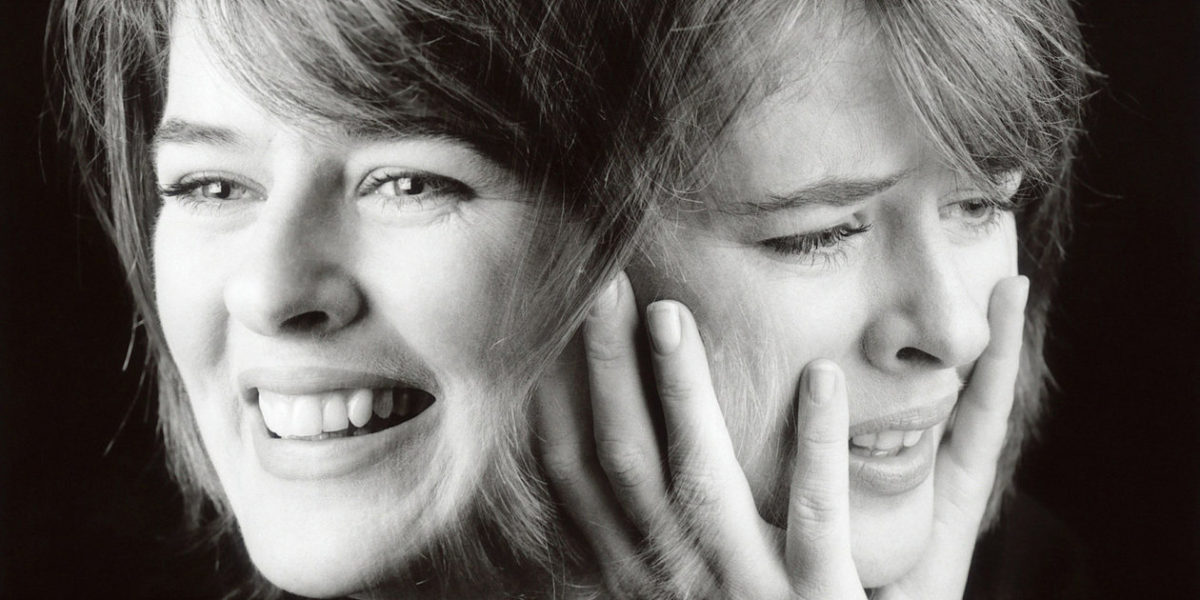Treatment of Schizophrenia by rTMS

Transcranial magnetic stimulation (TMS) was developed approximately 30 years ago by Anthony Barker. TMS has been applied as both a method to evaluate several neurophysiological processes and as a treatment for resistant psychiatric and neurological disorders. As a treatment, repetitive TMS (rTMS) has extensive evidence for efficacy in mood disorders through the modulation of cortical excitability, inhibition and plasticity. In recent years, several studies have also explored the utility of rTMS as a treatment tool in schizophrenia with promising results.
The heterogeneity of schizophrenia symptoms appears to be one of the main obstacles in developing treatments for this debilitating disorder. It may be prudent, therefore, for schizophrenia brain stimulation treatment studies to focus on specific symptom domains. In fact, some research has shown that rTMS appears more effective in the treatment of positive symptoms than negative symptoms, although one hypothesis is that this is due to fewer studies exploring the effects of rTMS on negative symptoms, or due to the scales used to measure efficacy. Moreover, rTMS appears to have significant efficacy for auditory hallucinations.
Auditory hallucinations, as a primary symptom of schizophrenia, can be a main target of antipsychotic treatment. However, up to 40% of patients have only a partial response to medications. As such, there has been extensive exploration of the neurocognitive basis of auditory hallucinations. Neuroanatomical and imaging studies in these ‘treatment-resistant’ patients have demonstrated hyperactivity in the left temporo-parietal cortex.
By exploiting its inhibitory role, when applied at low frequencies, an rTMS protocol delivered at 1 Hz to the posterior superior temporal gyrus (STG). Hoffman et al. were able to demonstrate a reduction in auditory hallucinations after application to this speech processing cortex. Moreover, a subsequent study by the same group demonstrated sustained improvement 15 weeks after treatment in many of the subjects.


